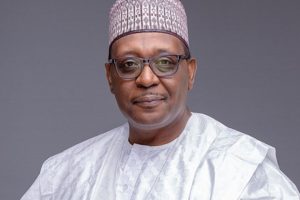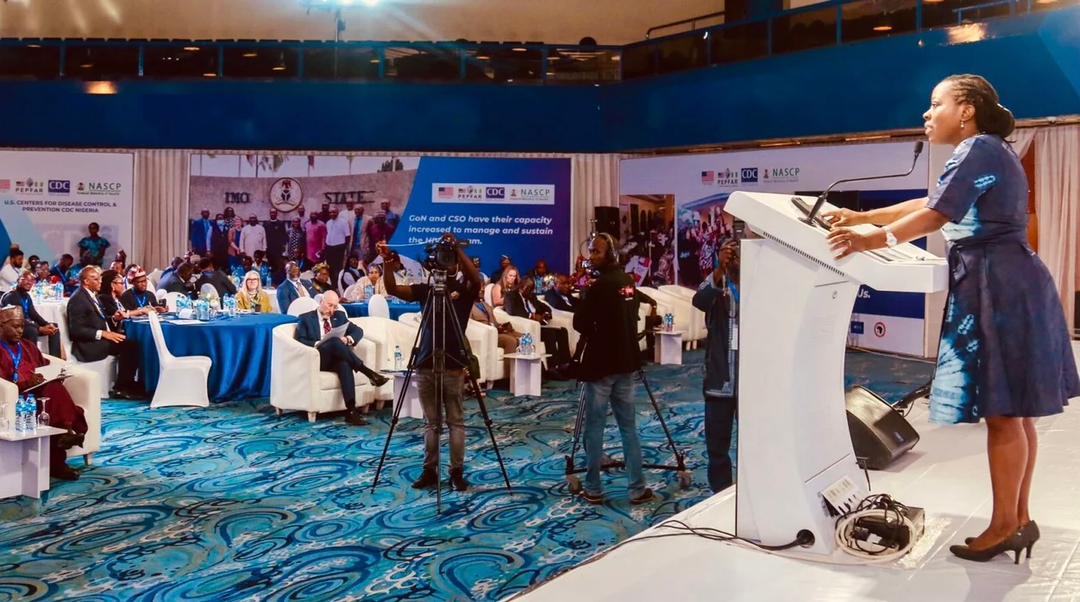FG Committed To Advancing HIV Response In Nigeria – Pate
- Health and WellbeingHealth Sector
- No Comment
- 278

The Minister of Health and Social Welfare, Prof. Muhammed Pate reiterated the Federal Government’s commitment to advancing the HIV response in Nigeria.
He made these remarks through the director of public health, FMOH, Dr. Anyaike Chukwuma during a significant performance review meeting hosted by the US Center for Disease Control (CDC) in Abuja. This meeting marked the third Biannual Programme Performance Review and Stakeholder Engagement, providing a platform for sharing experiences, successes and lessons among CDC and PEPFAR implementing partners in Nigeria.
Pate emphasised the progress achieved in the fight against HIV and recognised the vital support provided by the US CDC and the entire US government. In his keynote address, he outlined the country’s achievements, challenges and future plans in the fight against HIV. He stressed the importance of sustainable financing, improved governance, and enhanced healthcare outcomes.
“Over the past three decades, Nigeria has made significant strides in advancing its position in the global response to HIV. The country has achieved remarkable success in expanding the delivery of HIV testing, treatment and care services, with an impressive accomplishment of meeting the UNAIDS 95.95.95 cascade targets by the end of 2022. While celebrating these achievements, we emphasise the need to address gaps in the Prevention of Mother to Child Transmission of HIV (PMTCT) and ART coverage among the pediatric population.”
U.S. Chargé d’Affaires, Mr. David Greene commended the country’s ongoing efforts to combat HIV and its progress toward reaching the UNAIDS 95-95-95 goals. He highlighted the impact of key population-led One Stop Shops that provide comprehensive care and empower communities. He also praised the innovation hubs for adolescent and youth populations, which are nurturing talented leaders.
The introduction and implementation of an integrated health service delivery platform were recognised as a novel idea with significant potential for strengthening healthcare and public health systems in Nigeria. Building connections across diseases, responses and routine health activities, such as immunisation, can enhance the efficient use of available resources.
The director-general of the National Agency for the Control of AIDS (NACA), Dr. Gambo Aliyu, emphasised the transition from addressing HIV as an emergency to managing it as an endemic global situation in the country. He stressed the importance of state governments taking a more active role in leading their respective responses and owning HIV programs for sustainability and better coordination.
Collaboration and alignment among various stakeholders, including governments at all levels, were recognised as vital for achieving HIV epidemic control and maintaining it beyond 2030 in Nigeria. Aliyu emphasised the importance of collective responsibility, ongoing engagement, and discussion to ensure the success of these programmes.
By Abujah Racheal




